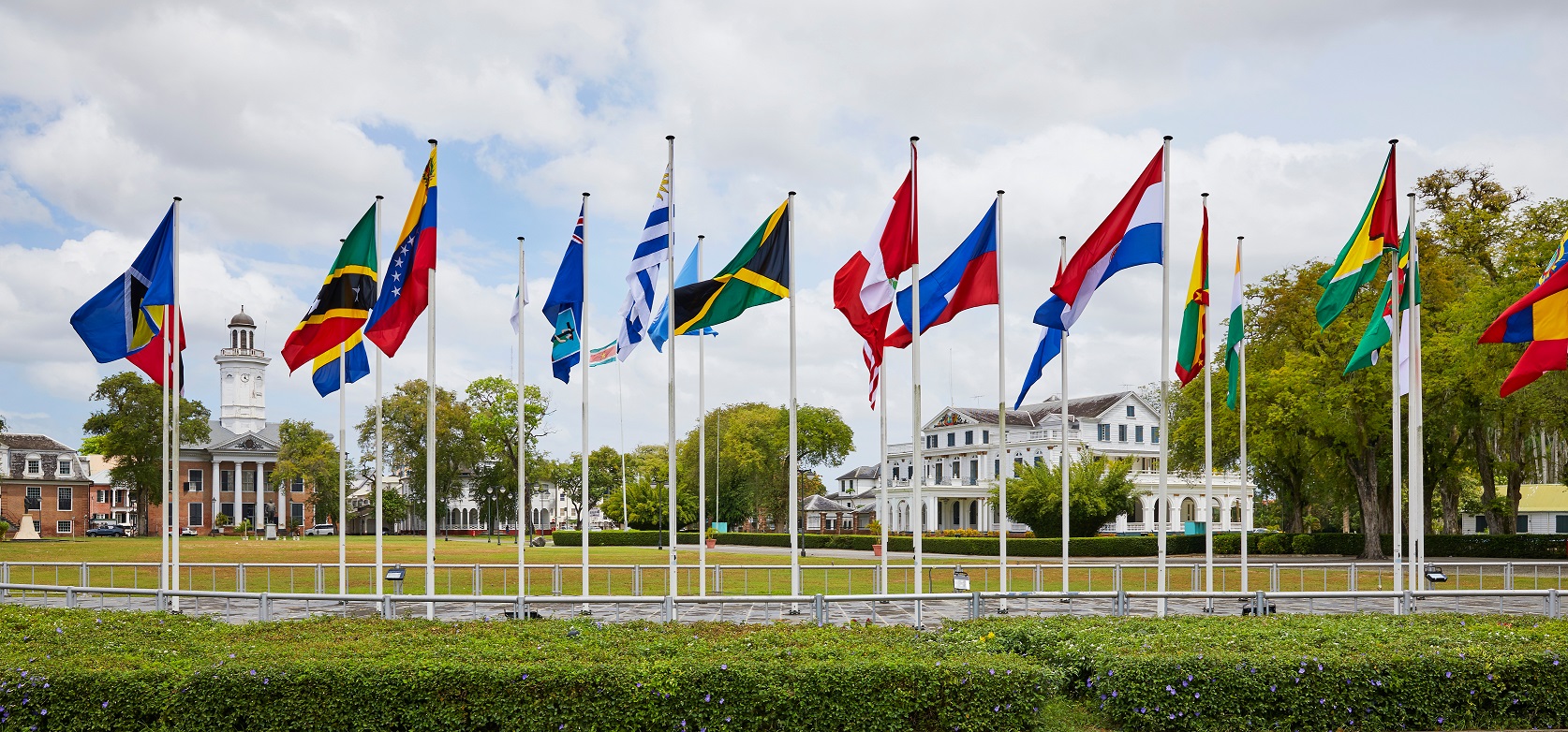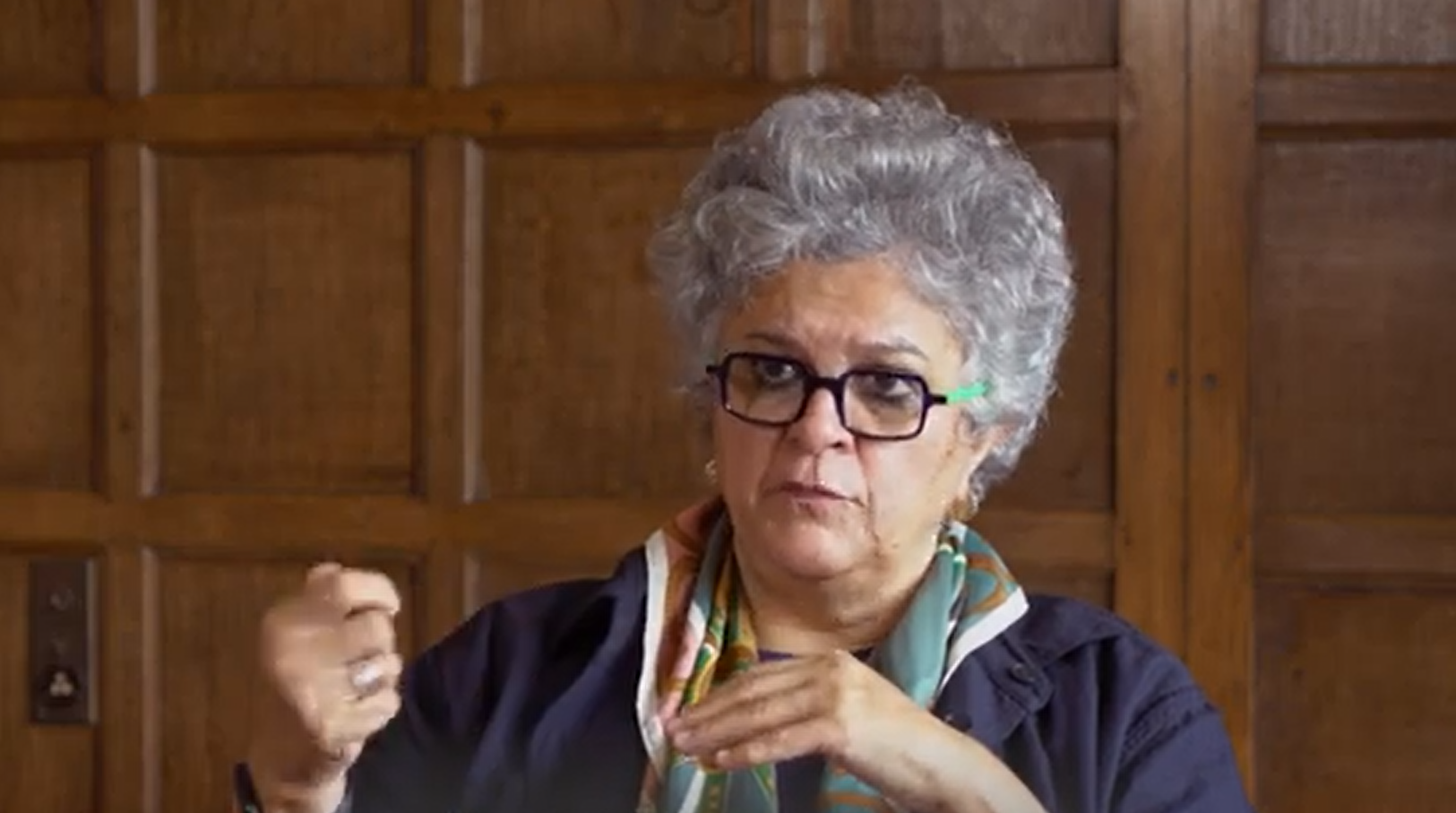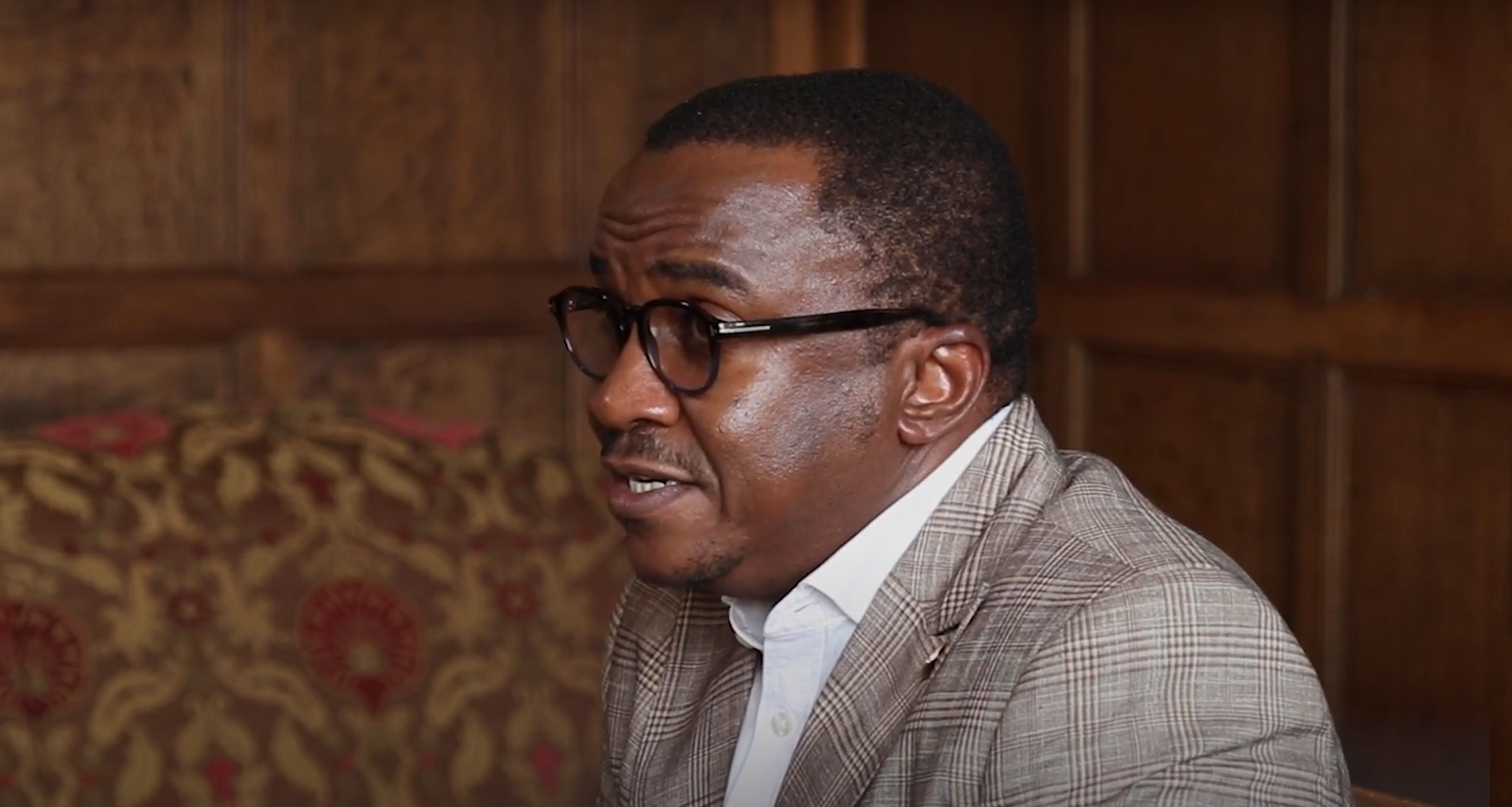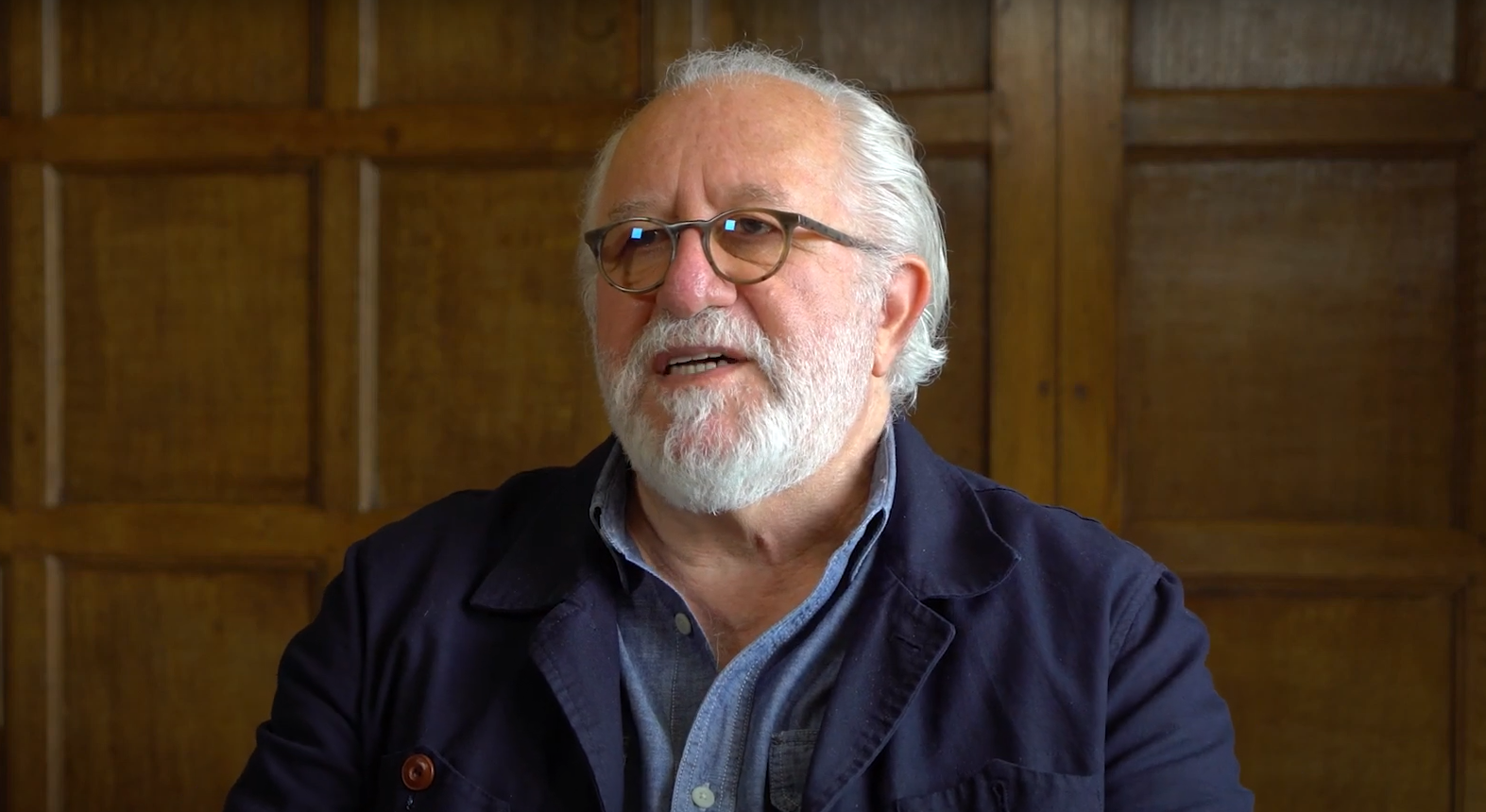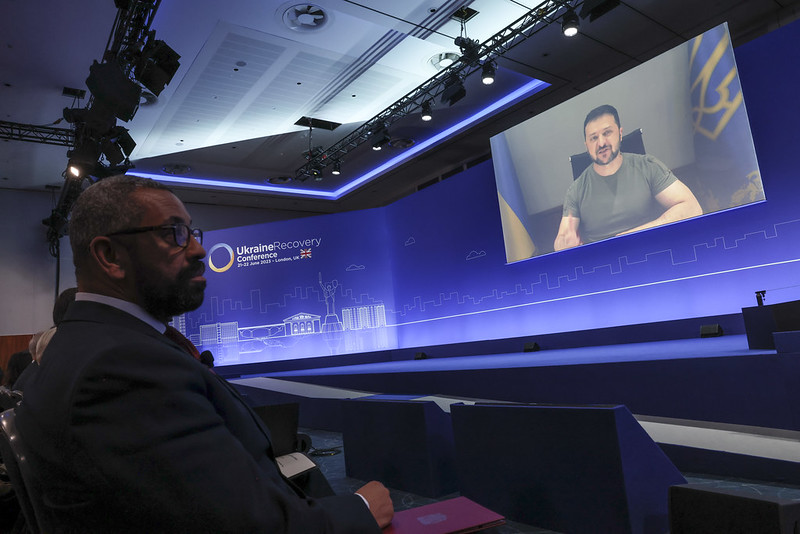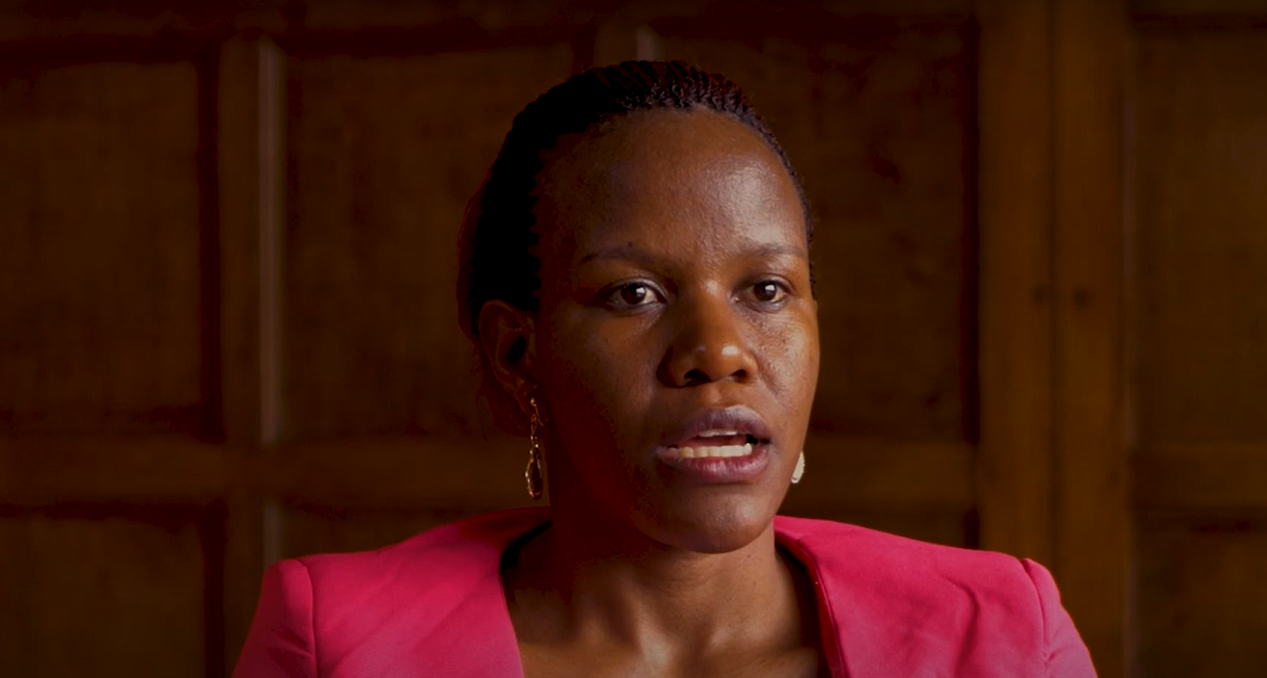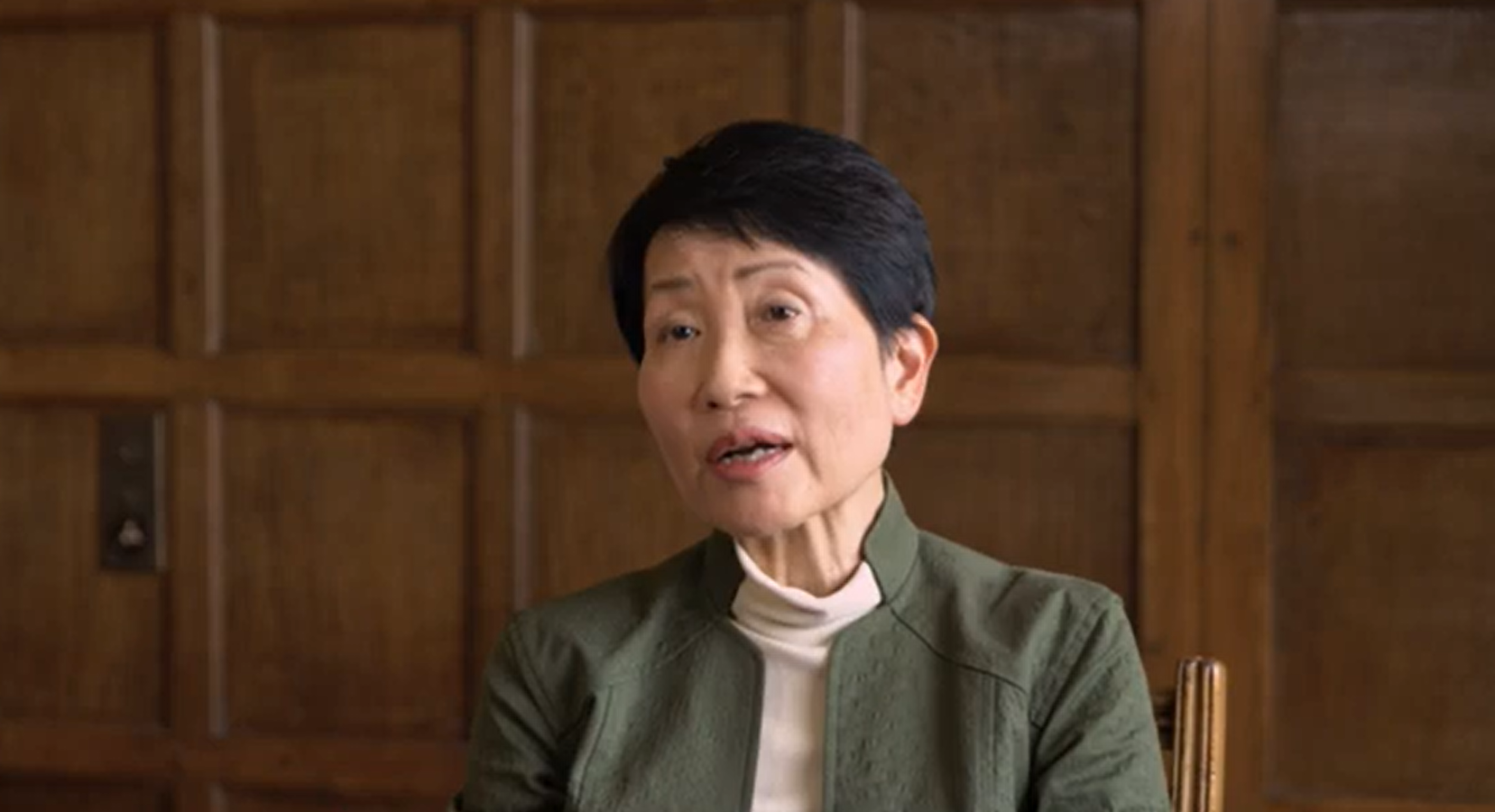This virtual event aims to connect young people across UK and Nordic countries, providing them with a platform to address shared challenges and opportunities, especially with regards to the future of work, as well as mapping areas for ongoing collaboration and partnership. This is part of a series of three sessions under the umbrella heading ‘UK-Nordic collaboration on post-COVID recovery’, which aims to connect key stakeholders to build and strengthen cross-border partnerships for influencing the global recovery agenda.
In 2019, the Council of the European Union adopted conclusions on young people and the future of work, which highlighted insecurity, the lack of social protection and precarious working conditions as the main problems facing young people in the current and future labour environment[1]. Over a year since these conclusions were adopted and the global pandemic has shifted the way of life of billions of people, with significant impact not only on labour markets but also on how people work.
Moving forward post-COVID: Youth are key to global recovery. However, young people now navigate an uncertain future during an expected recession as employers who would have opened their doors to give them their first work opportunities, now face immense challenges to remain in business. Almost a third of graduates have lots jobs or had job opportunities deferred due to the pandemic. Those most vulnerable remain the ones that are most impacted, with many left without access to the necessary support networks and education opportunities key to their development. In parallel, we face a widening skills gap, with industries struggling to recruit the talent they need to grow.
Building resilience: Even without the impacts of a global pandemic, the needs of the labour market has evolved rapidly in the last decade, meaning the requirements of the emerging labour force has progressed.The technical skills required for most sectors quickly become outdated owing to rapid changes in technology and the spread of automation. The World Economic Forum projects that by 2022 at least 54% of all employees will need reskilling and upskilling to respond to changing work requirements. Young people need the skills to rapidly learn, adapt, practice resiliency and take advantage of entrepreneurial mindsets, to respond to this reality with the ingenuity to earn an income.
Changing agendas: As societies have developed, through increasingly advanced technology, the choices, opportunities and challenges that lay ahead of young people in embarking on their career journeys has significantly altered. Arguably, so have their agendas when looking for and choosing work.
In their recent study on Nordic Youth as Sustainable Changemakers, the Nordic Council of Ministers stated that, in relation to environmental issues, ‘the main source of inspiration for young people is other young people. Young people gain little inspiration from political leaders, and the young sustainable changemakers are calling for more adult role models’.[2] In this perceived absence of elder role models, youth will need to collaborate more closely than ever to achieve the profile and focus to ensure that they can create and optimise opportunities in a post-COVID economic environment.
COVID-19 is casting a long shadow over the futures of young people around the world. What does the future of work look like for young people? What needs to be done to effectively support young people’s personal development and growth to autonomy, build their resilience and equip them with necessary resources to participate in society? How do changing agendas of young people align with the new opportunities caused by COVID-19?
This meeting seeks to achieve the following objectives:
- Connect and ignite a network of young, emerging leaders from across the UK and Nordic countries;
- Highlight key challenges and opportunities for youth in the post-COVID economic environment;
- Identify best practice experience and potential ways forward





